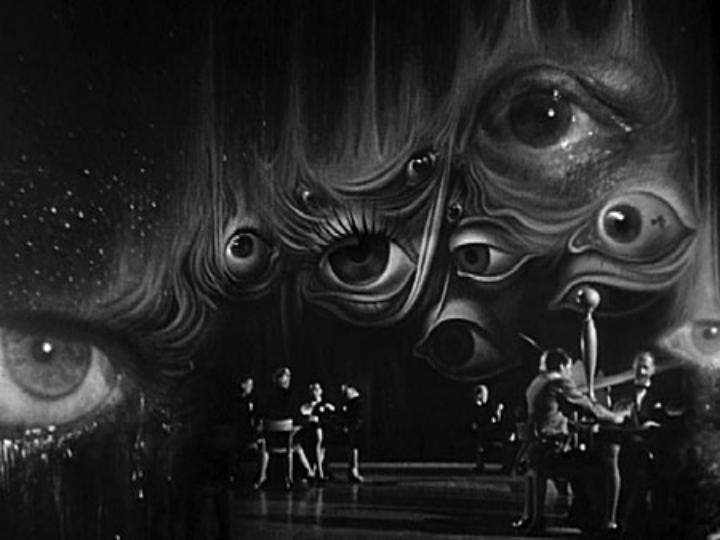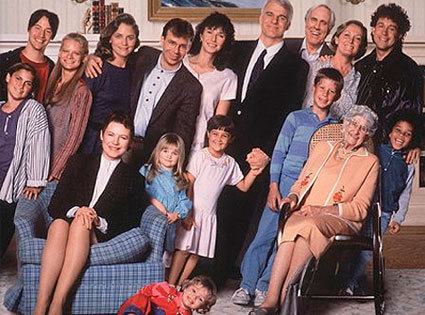Top Ten Films at the UK Box Office
for the weekend of April 19-21, 2013:
1 (new) Olympus Has Fallen (15) ***
2 (1) Oblivion (12A) *
3 (new) Evil Dead (18) ***
4 (2) The Croods (U)
5 (4) The Place Beyond the Pines (15) **
6 (3) Scary Movie V (15)
7 (new) Love Is All You Need (15) **
8 (5) G.I. Joe: Retaliation (12A)
9 (6) Jack the Giant Slayer (12A) **
10 (7) Oz The Great and Powerful (PG) **
(source: Guardian.co.uk)
My top five:
1. White Elephant
2. Scarecrow
3. In the Fog
4. Iron Man 3
5. Bernie
Top Ten DVD rentals:
1 (new) Skyfall (12) ****
2 (new) Jack Reacher (12) **
3 (3) Seven Psychopaths (15) **
4 (1) Silver Linings Playbook (15) ****
5 (2) Taken 2 (15) *
6 (5) The Campaign (15) ***
7 (4) Anna Karenina (12) ***
8 (6) End of Watch (15) ***
9 (new) Savages (15) *
10 (7) The Watch (15)
(source: lovefilm.com)
My top five:
1. You Will Be My Son
2. What Richard Did
3. She-Monkeys
5. Life of Pi
Top five films on terrestrial TV this week:
1. Spellbound [above] (Saturday, BBC2, 8.10am)
2. Notorious (Saturday, BBC2, 2.05pm)
3. Michael Clayton (Wednesday, BBC1, 11.05pm)
4. The Aviator (Tuesday, BBC1, 11.05pm)
5. Dark Water (Friday, BBC1, 11.50pm)
3. Michael Clayton (Wednesday, BBC1, 11.05pm)
4. The Aviator (Tuesday, BBC1, 11.05pm)
5. Dark Water (Friday, BBC1, 11.50pm)












